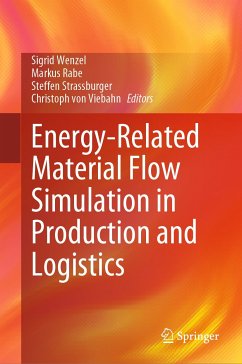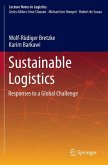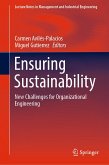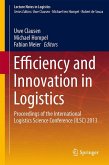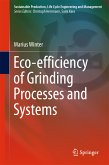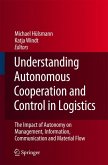This book provides for the first time an overview on the current approaches and applications of energy aspects in production and logistics by the use of simulation techniques. During the last decade, the importance of energy in the material flow processes has become more and more important. The pressure to reduce the environmental footprint of production and logistics systems will even intensify in future. Therefore, enterprises have started to integrate the use of energy into their planning processes much more than before, even designing feedback loops, e.g., from energy control to production control. This receives additional attention with the increasing use of renewable, but less reliable, energy sources. Care must be taken to establish processes that aim to use energy when it is available. As an example, many industrial processes like melting or coating have significant energy demands, but could vary the point of time of its consumption within specific limits, leading to a very high complexity. ¿
It discusses the construction and application of energy-specific performance indicators and analyzes the input information that needs to be acquired before implementing suitable models. On this basis, concrete technical solutions are introduced.
Dieser Download kann aus rechtlichen Gründen nur mit Rechnungsadresse in A, B, BG, CY, CZ, D, DK, EW, E, FIN, F, GR, HR, H, IRL, I, LT, L, LR, M, NL, PL, P, R, S, SLO, SK ausgeliefert werden.

